On campus, the new semester came with new leadership, as Lee Roberts stepped into the UNC chancellorship following Kevin Guskiewicz’s decision to leave Chapel Hill for the presidency at Michigan State.
UNC system president Peter Hans tabbed Roberts for the job at the end of December. He began his career in real estate banking, eventually serving as North Carolina’s budget director from 2014 to 2016 under then-Gov. Pat McCrory. At the time of his selection as interim chancellor, he was a sitting member of the UNC Board of Governors — though some on campus objected to the choice of a leader with little direct experience in higher education.
Roberts has now been on the job for five weeks. This week, he stopped by 97.9 The Hill to discuss his early tenure with Aaron Keck.
Aaron Keck: What’s been the initial experience for you so far?
Lee Roberts: My fifth week anniversary was Friday (Feb. 16), and it’s really been a terrific experience. I couldn’t be more gratified by how warm and welcoming the entire Chapel Hill community has been. It’s been wonderful getting out around campus, getting to meet people, learning about all the fascinating things that are happening on campus every day.
Keck: What’s been unexpected? What have you learned that you didn’t expect to?
Roberts: You know, there’s just so much happening on campus. We’ve already had three or four of the country’s leading public intellectuals speak on campus so far this semester. Just this past weekend, you could have seen Christian McBride, arguably the world’s greatest living jazz bassist, play on campus.
Keck: For your tenure, what are your overarching goals?
Roberts: I want to make sure that we ensure a smooth transition. It’s unusual to come in in the middle of a school year. I think that’s been going very well. Generally, I want to make sure that students and faculty and staff have the resources that we need. And it’s important, even in this interim period, to make sure that we leave the place a little bit better than we found it.
Keck: What are your thoughts about Chancellor Guskiewicz, as he moves up to Michigan State?
Roberts: He did an extraordinary job. In our 230-year history, you’d be hard pressed to find a more challenging five-year period than the one that we’ve just concluded. And in the middle of all of those challenges, Chancellor Guskiewicz not only completed a record-breaking capital campaign, he (also) completed a fundamental strategic plan overhaul and a redesign of the curriculum, which is a lot more challenging and complicated than it sounds. And that all happened with a pandemic underway.

UNC Interim Chancellor Lee Roberts (right) joined 97.9 The Hill’s Aaron Keck for an interview on Tuesday, February 20.
Keck: And all of that’s in the context of a lot of challenges for higher education in general, one of (which) is hiring and retaining quality faculty members. What is your role in terms of facilitating that (at UNC)?
Roberts: Well, obviously we don’t have a more important task than making sure we continue to attract and retain world class faculty. We are, as you know, right now, establishing a new school, the School of Civic Life and Leadership at Carolina. Hopefully we’re very close to announcing the new dean for that school. And that’s the kind of effort that I’ve been involved in – trying to make sure, as we bring in new faculty, that they understand how important a mission like the School of Civic Life and Leadership is to the overall enterprise.
Keck: There’s been some tension with faculty as to the way (that school) was created. What is your role now, in terms of getting everyone on the same page (and) getting this up and running, and doing it right?
Roberts: Well, I think the concern from faculty was ensuring that the process of standing up the new school and hiring the faculty be faculty-led. And I think it has been faculty-led and I think – I hope and believe – that whatever concerns faculty had about that have been addressed.
Keck: One of the (stated) goals of that school is to promote and foster democracy and free expression on campus. That’s a concern on campus in general, with and without the school. So what are you doing, and what have you seen other folks do on campus, to promote free expression and democratic values on campus, and then spreading those out in the broader community?
Roberts: Obviously, we need to have a broad and free-flowing exchange of ideas. We’re bound as a public university by the First Amendment, but as importantly, free expression is a core value of our institution, just as an institution of higher learning. This is a challenging time, obviously with the Gaza conflict, (where) that commitment to free expression has been tested. We’ve heard some things on campus that have offended a number of people significantly. And our response to that needs to be within the very broad contours of what’s protected by the First Amendment. I’ve been quoting the president of Berkeley, Carol Christ, who says that just because you have the right to say something doesn’t mean it’s the right thing to say. So let’s try to model what an academic dialogue around even the most difficult, most sensitive issues can look like. Let’s approach something like the Gaza conflict in a scholarly manner, in a way that we can all learn from each other, instead of just shouting at each other or past each other.
Keck: There’s a lot of really good work on campus being done to foster that exact value. What do you see as your role specifically, as chancellor?
Roberts: I think one is just making sure that student groups feel heard, particularly those who feel as though they’re in some sense under attack. I went to dinner at Hillel my first day on the job. I’ve met with an awful lot of students and faculty, as well as parents and alumni, who are concerned about the climate on campus – to reassure them of our commitment, not only to free speech, but to keeping students safe. I also think I have a role in promoting the importance of an academic dialogue. The university is not Twitter. We’re not here to score points on social media. We’re here to learn.
Keck: “The university is not Twitter” is going to be the line that I take away from this conversation and quote two years later.
Roberts: <laughs> That’s an important point.
Keck: I have to ask: are you putting in for the permanent (chancellor) position?
Roberts: Well, you know, my fifth week just concluded on Friday. So… one step at a time.
Keck: What’s next on your agenda for this week and beyond?
Roberts: I’ve spent an awful lot of time trying to get around campus and meet people, (but) it’s such a large diverse place that I’ve really only scratched the surface of learning about all of the extraordinary positive things that are happening on our campus every day. So I look forward to continuing to do that.
Keck: And how about Chapel Hill in general?
Roberts: Chapel Hill’s obviously a wonderful community. (I) had a terrific meeting with the new mayor, Jess Anderson, right when I first came onto the job. I look forward to working with her and Chris Blue, the town manager. I look forward to a partnership with (them) and the rest of the Chapel Hill Town Council.
Featured photo via the UNC System.
Chapelboro.com does not charge subscription fees, and you can directly support our efforts in local journalism here. Want more of what you see on Chapelboro? Let us bring free local news and community information to you by signing up for our biweekly newsletter.

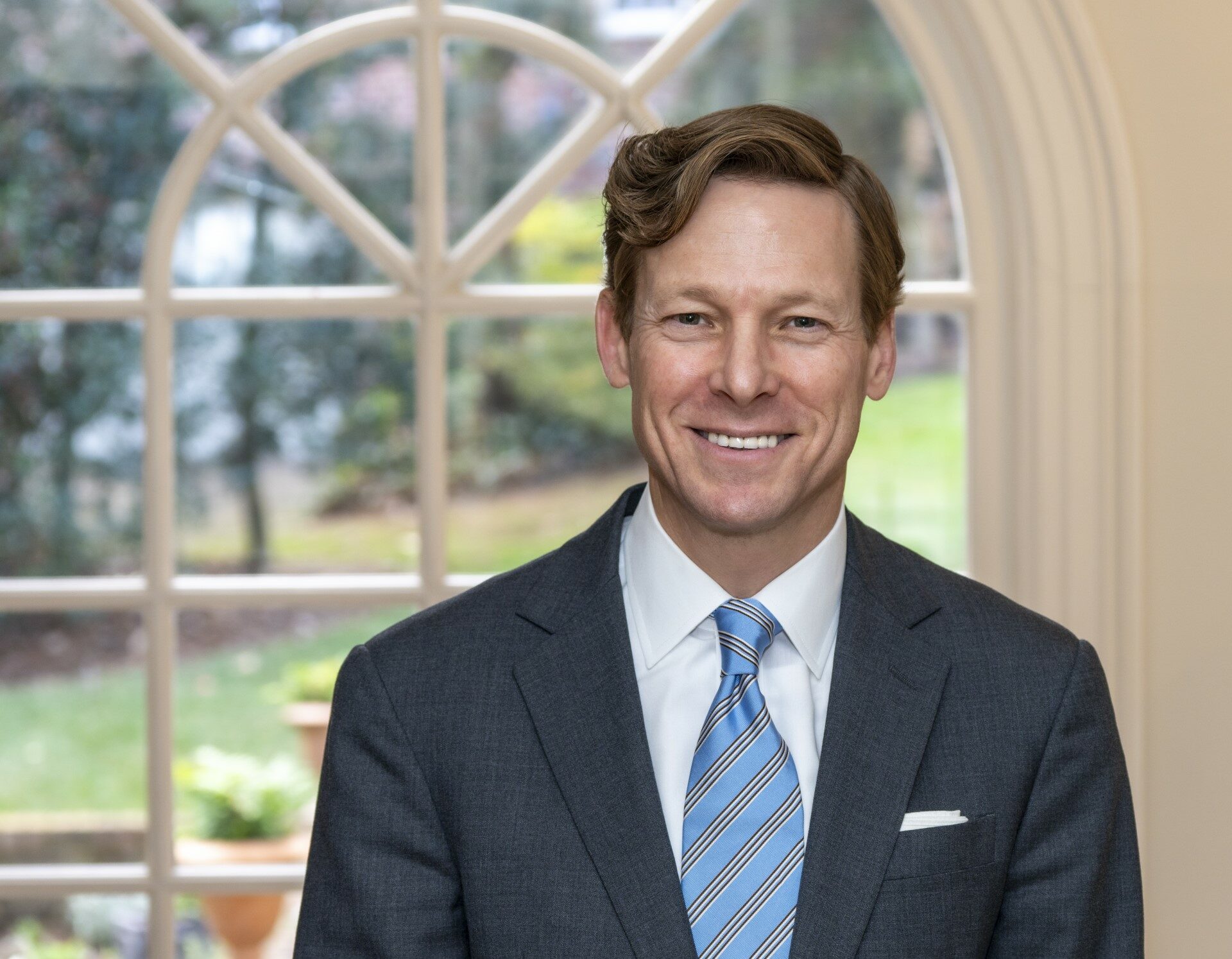
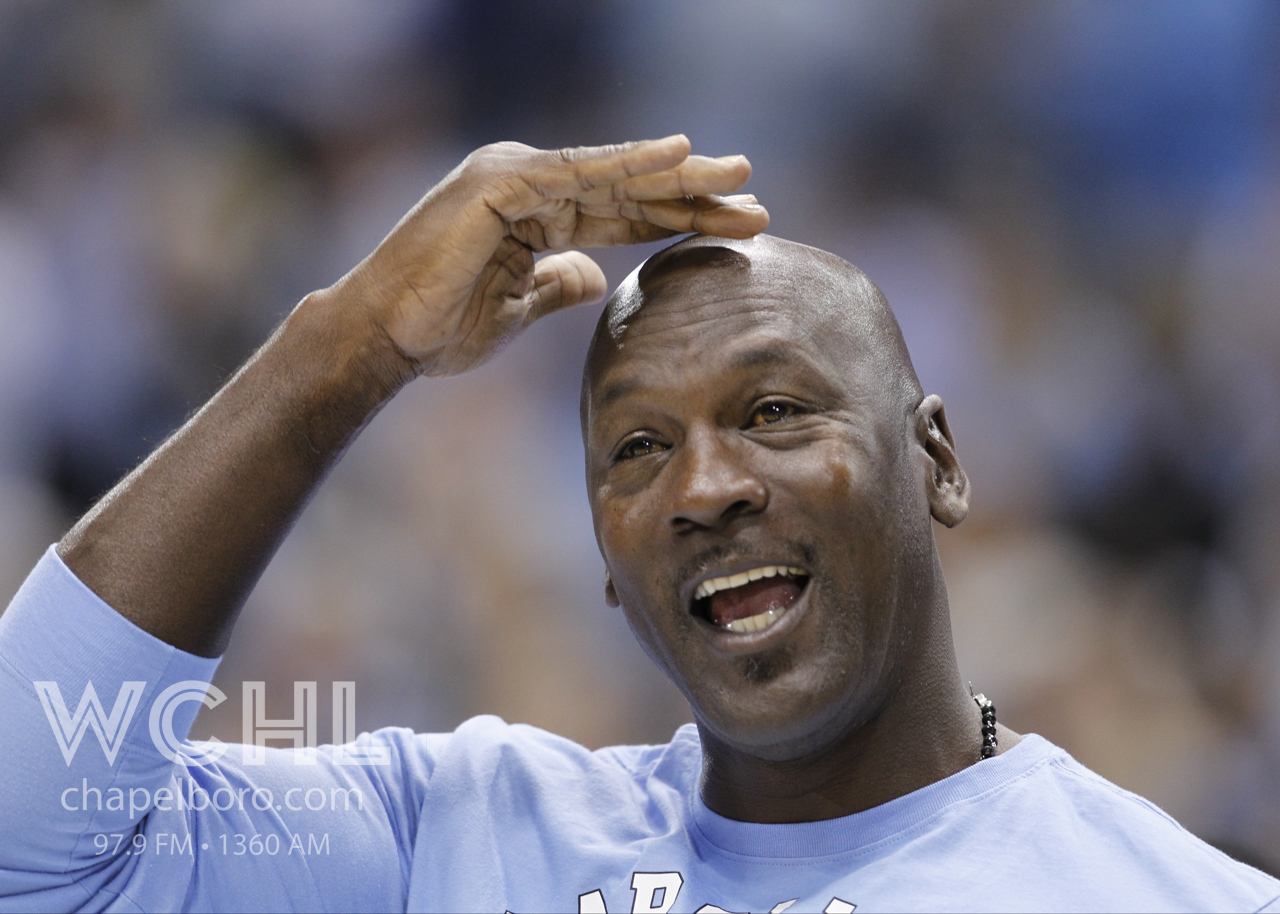
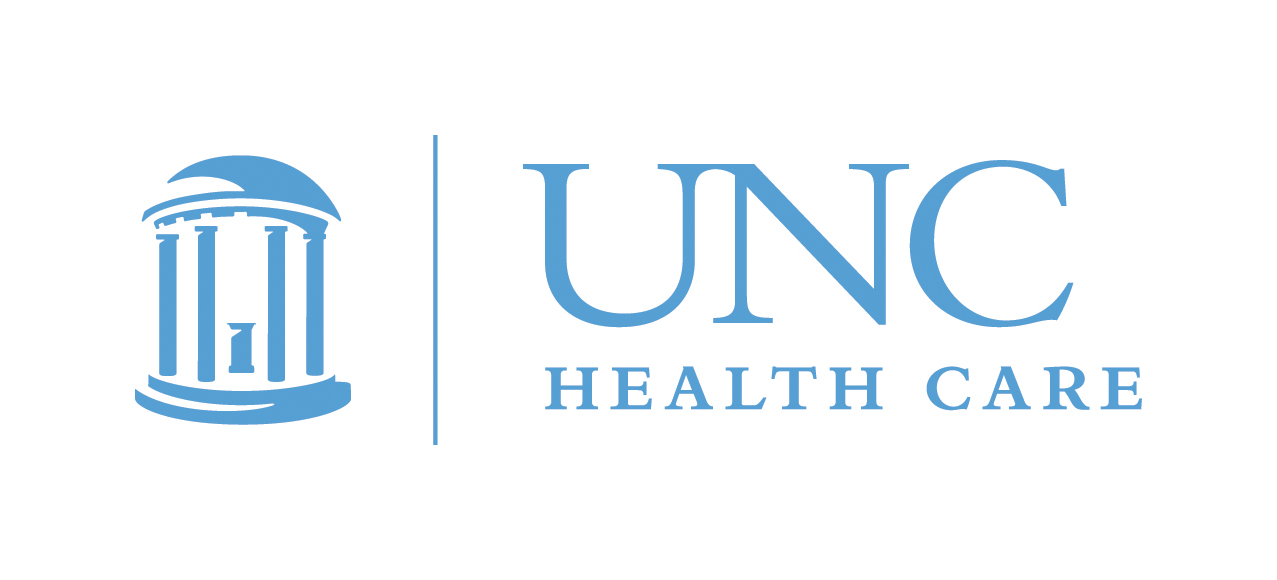
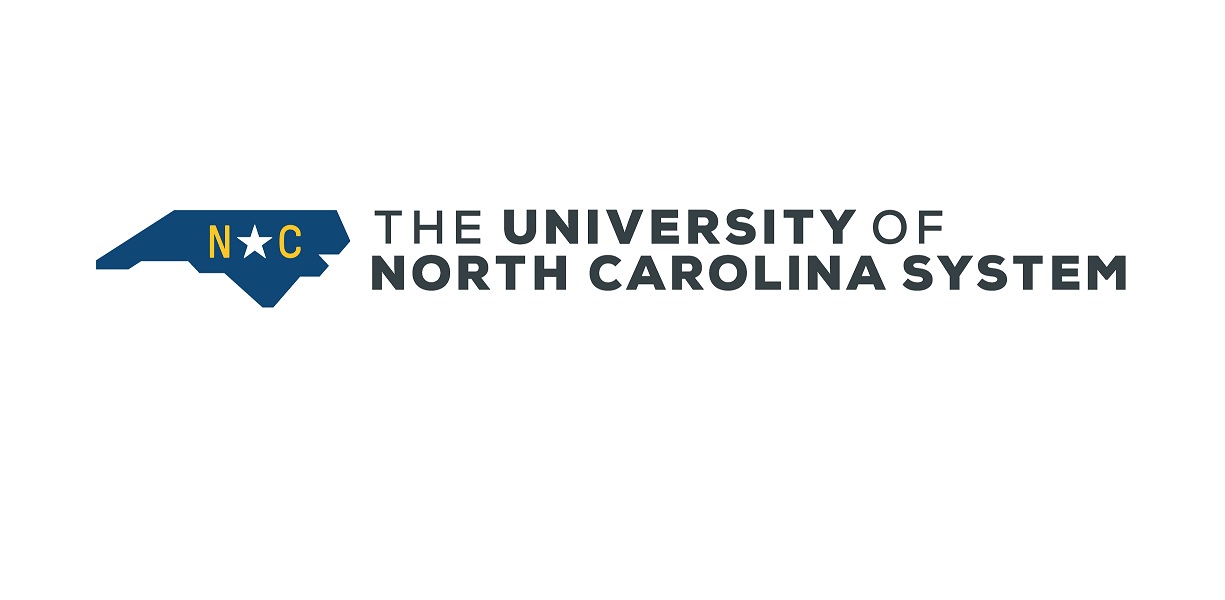



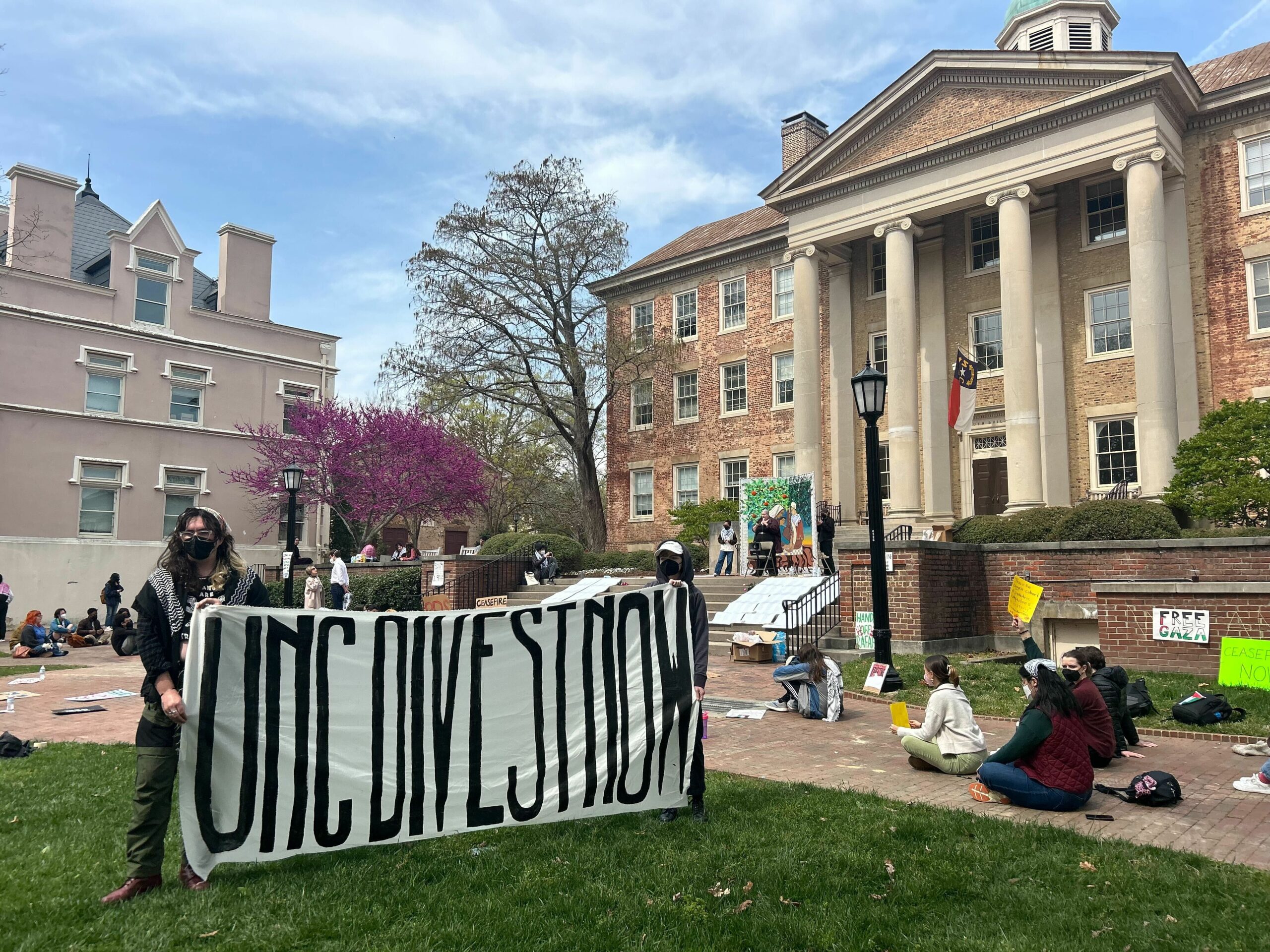

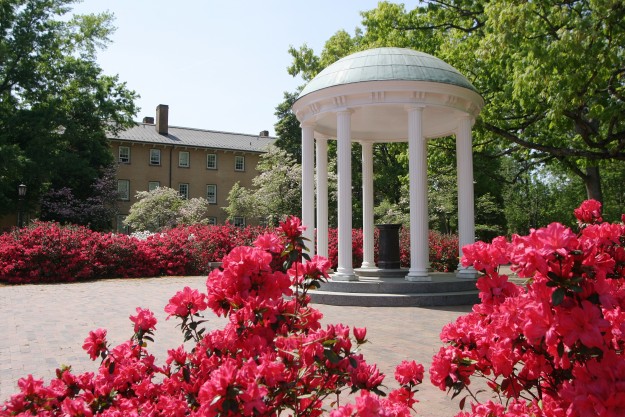

Comments on Chapelboro are moderated according to our Community Guidelines